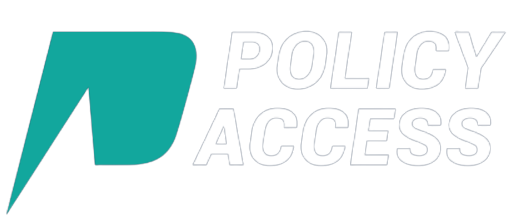Code of Ethics for Digital Media Publishers
The Rules prescribe the code of ethics to be observed by publishers of digital media including:
(i) news and current affairs content providers, and
(ii) online curated content providers (also known as OTT platforms).
For news and current affairs, the following existing codes will apply:
(i) norms of journalistic conduct formulated by the Press Council of India,
(ii) programme code under the Cable Television Networks Regulation Act, 1995.
For OTT platforms, the requirements include:
(i) classifying content in age-appropriate categories as specified,
(ii) implementing an age verification mechanism for access to adult content, and access control measures such as parental controls, and
(iii) improving accessibility of content for disabled persons.
(i) news and current affairs content providers, and
(ii) online curated content providers (also known as OTT platforms).
For news and current affairs, the following existing codes will apply:
(i) norms of journalistic conduct formulated by the Press Council of India,
(ii) programme code under the Cable Television Networks Regulation Act, 1995.
For OTT platforms, the requirements include:
(i) classifying content in age-appropriate categories as specified,
(ii) implementing an age verification mechanism for access to adult content, and access control measures such as parental controls, and
(iii) improving accessibility of content for disabled persons.


Twitter Contention and Free Speech Debate
The social media giant, Twitter, has raised concerns regarding free speech over the new IT guidelines. It stated that it would strive to comply with the law but if guided by principles of transparency and freedom of expression under the rule of law. The Delhi High Court on May 31 issued a notice to the microblogging site on a plea filed against it for alleged non-compliance with the new IT rules.
Failure to comply with the rules could lead to the removal of ‘intermediary’ status (a safe harbour to avoid liability for the content that their users publish) of the companies and could possibly invite sanction or even punishment under the law. The government insists that the rules are neither arbitrary nor sudden, since the draft rules were put up for public comments and several individuals, industrial associations and organizations had responded. The comments were then analysed in detail and an inter-ministerial meeting was also held before finalising them.
All of this would entail administrations pulling regulatory and legislative levers to implement its priorities. We are here to help your business along with implications for how to respond to shifts. Numerous companies and hyper growth startups have been a beneficiary of our advocacies and interventions.
Failure to comply with the rules could lead to the removal of ‘intermediary’ status (a safe harbour to avoid liability for the content that their users publish) of the companies and could possibly invite sanction or even punishment under the law. The government insists that the rules are neither arbitrary nor sudden, since the draft rules were put up for public comments and several individuals, industrial associations and organizations had responded. The comments were then analysed in detail and an inter-ministerial meeting was also held before finalising them.
All of this would entail administrations pulling regulatory and legislative levers to implement its priorities. We are here to help your business along with implications for how to respond to shifts. Numerous companies and hyper growth startups have been a beneficiary of our advocacies and interventions.






